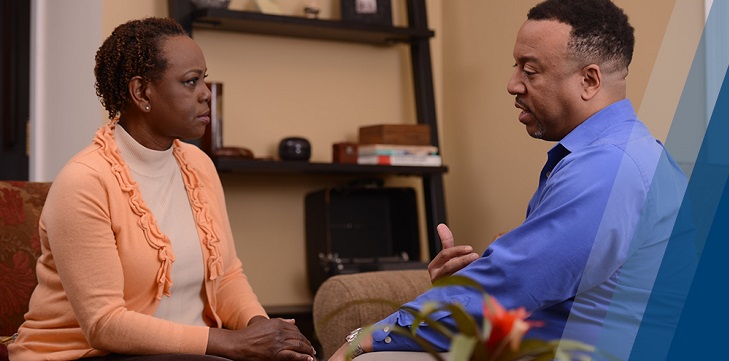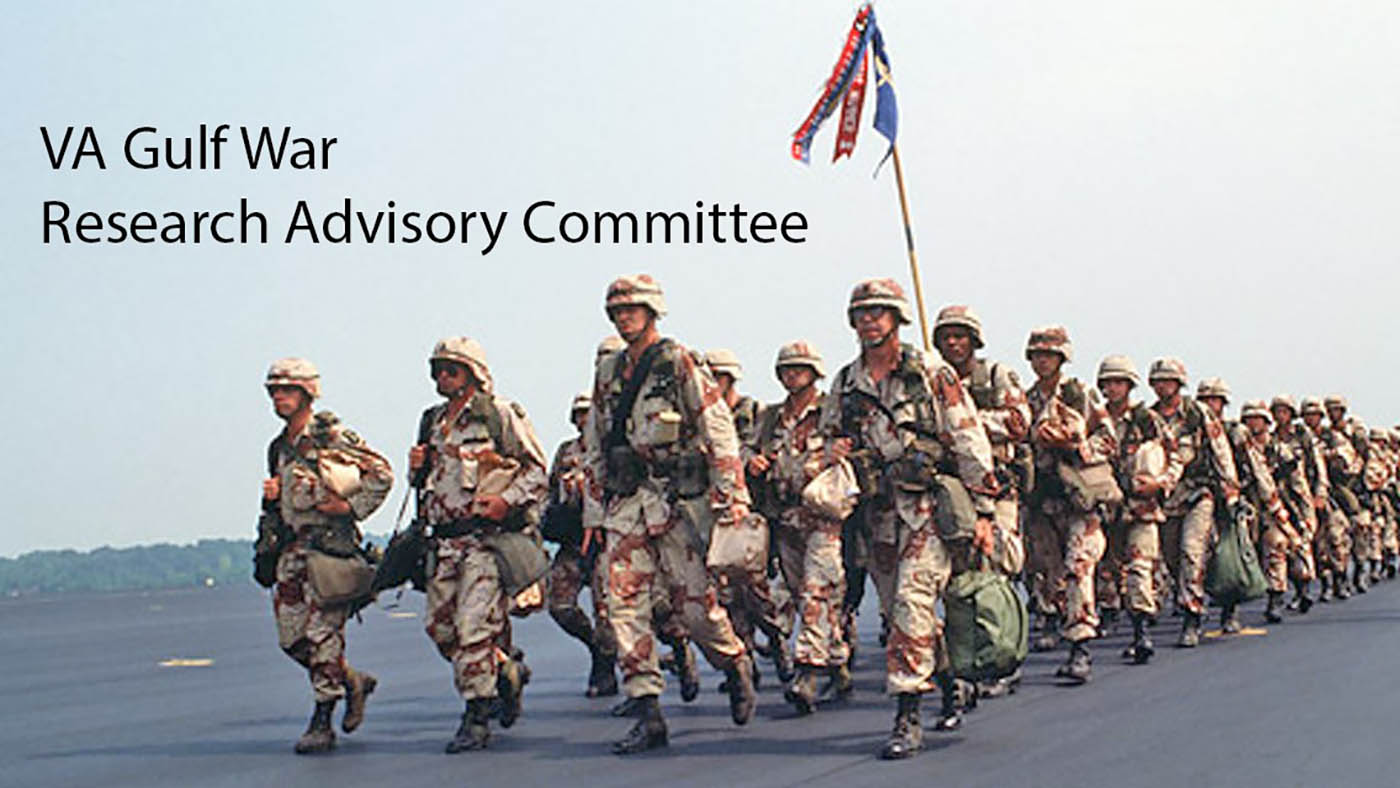As part of its effort to end Veteran suicide, VA recently rolled out the largest standardization of suicide risk assessment in the health care industry. The process uses high-quality, evidence-based tools and practices designed to help VA provide preventive mental health care to Veterans before they reach a crisis point.
“Ensuring standardized approaches to suicide risk screening and evaluation is an essential part of our strategy,” said Dr. Keita Franklin, executive director, suicide prevention for VA’s Office of Mental Health and Suicide Prevention. “Standardizing this process across the enterprise ensures that we are identifying Veterans at risk as quickly as possible and getting them to the care they need.”
According to Franklin, the three stages of the process are all conducted on the same day and structured so that, in most cases, there is no disruption to existing workflows.
“The primary screen focuses on identifying suicide risk among patients whose risk may not already be identified and consists of a single question,” Franklin said. “The secondary screen consists of six questions from the Columbia Suicide Severity Rating Scale screener. These first two levels help maximize sensitivity, specificity and efficiency.”
The final stage, VA’s Comprehensive Suicide Risk Evaluation, is a standardized template with more in-depth questions related to suicidal ideation, history of attempts, assessment for warning signs, risk factors, protective factors and reasons for living. It can be given at the time the Veteran is being assessed as at-risk, regardless of setting type, and is designed to meet the individual needs of the Veteran, implement mitigation strategies and create safety plans.
“Historically, VA did not have a national standard screening, assessment or documentation of suicide risk,” Franklin said. “But we recognized that this is something we needed to do to help save lives. It took a lot of hard work to get this off the ground, but we really are setting the gold standard in risk assessment. Suicide prevention remains a top priority for VA. To truly end Veteran suicide, we must continuously work to prevent it before Veterans reach a crisis point.”
Providers, whether VA or community, who would like additional support with the risk assessment process are encouraged to take advantage of VA’s Suicide Risk Management Consultation Program. The Rocky Mountain Mental Illness Research, Education, and Clinical Center for Suicide Prevention offer free, one-on-one consultation for any provider who works with Veterans at risk for suicide. The consultation is confidential and can take place over the phone or email. For more information, please visit https://www.mirecc.va.gov/visn19/consult/index.asp.
If you or someone you know is having thoughts of suicide, contact the Veterans Crisis Line to receive free, confidential support and crisis intervention available 24 hours a day, 7 days a week, 365 days a year. Call 1-800-273-8255 and Press 1, text to 838255 or chat online at VeteransCrisisLine.net/Chat.
The health and well-being of our nation’s Veterans and former service members is VA’s highest priority. Guided by data and research, VA is working with partners, Veterans’ family members and friends, and the community to ensure that Veterans and former service members get the right care whenever they need it. To learn about the resources available for Veterans and how you can #BeThere as a VA employee, family member, friend, community partner, or clinician, visit www.mentalhealth.va.gov/suicide_prevention/resources.asp.
About the author: Wendy Lakso is the acting deputy suicide prevention program director for VA’s Office of Mental Health and Suicide Prevention.
Topics in this story
More Stories
VA promotes early nutrition intervention for chronic kidney disease with targeted programs like Heathier Kidneys Through Your Kitchen.
VA Research Advisory Committee on Gulf War Veterans’ Illnesses hosting Veteran Engagement Sessions in Phoenix for 1990-91 Gulf War Veterans.
Navy Veteran and president of the American Medical Association got a colonoscopy and encourages other Veterans to do the same.







I an surprised the VA did not previously have a standardized screening for suicide risk. I do feel that the VA does an excellent job at mental health care with its multiple modalities of treatment. One size does not fit all. For-profit care did not meet the VA standards in my opinion. How might your resource link get out to all the private care providers?